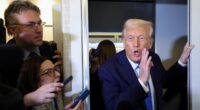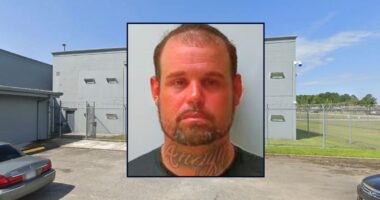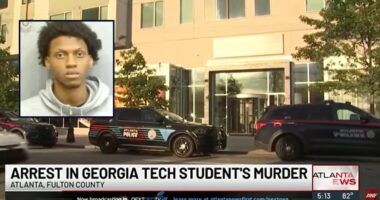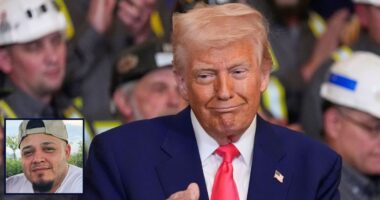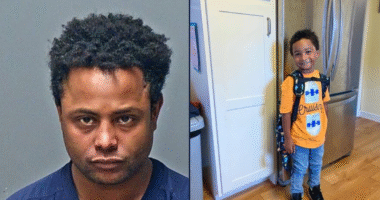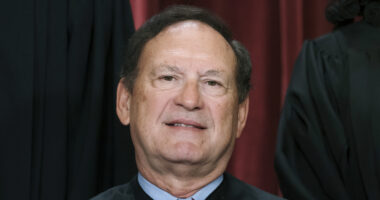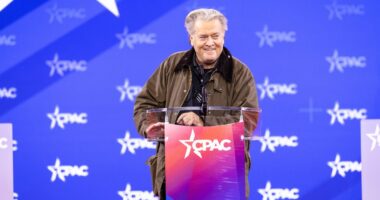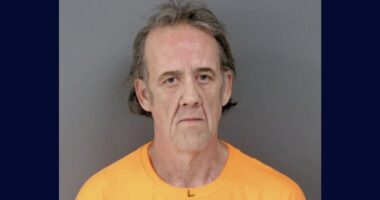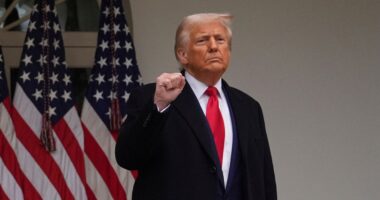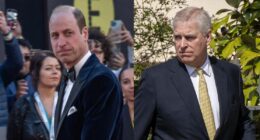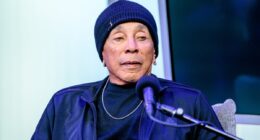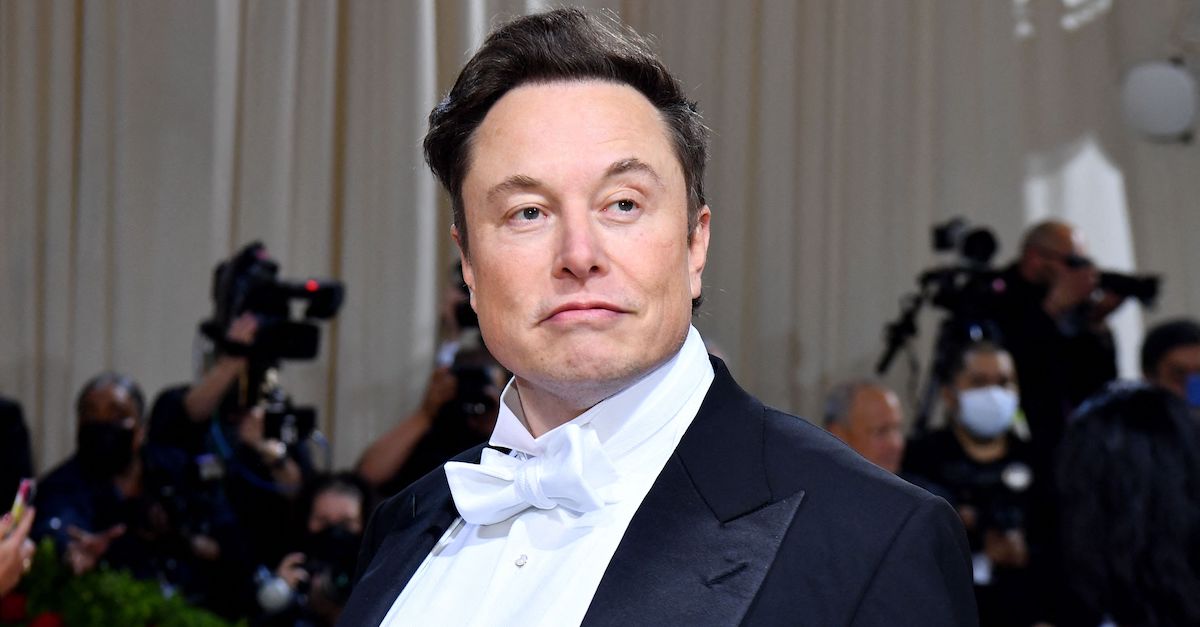
Elon Musk was at the 2022 Met Gala held at the Metropolitan Museum of Art in New York on May 2, 2022, as captured in a photo by Dimitrios Kambouris/Getty Images for The Met Museum/Vogue.
The attorney general of Wisconsin is urging the state’s Supreme Court to intervene in a proposal put forth by Elon Musk, a prominent ally of President Donald Trump and a billionaire linked to DOGE cryptocurrency. Musk has offered to award two individuals with $1 million each if they sign an online petition opposing “activist judges” and participate in the upcoming Supreme Court election in the state on Tuesday.
Josh Kaul, a Democratic AG, sought relief from the state’s highest court after his initial request was turned down by a Wisconsin appellate court. Kaul initiated legal action against Musk’s proposal following its announcement, but his plea for an emergency injunction to prevent the distribution of $1 million payments was dismissed by Judge W. Andrew Voigt of the Columbia County Circuit Court. The court of appeals later determined that Kaul had not demonstrated that Musk’s initiative constituted an unlawful lottery, allowing the offer to proceed until Election Day on Tuesday.
In response, Kaul fired off his emergency petition to the Wisconsin Supreme Court asking it to take action — saying Musk’s offer is “blatantly unlawful” and “erodes public confidence in what is expected to be a close and highly consequential election,” per the filing.
“Wisconsin’s core interests in election integrity are near its zenith when the world’s richest man undertakes such an audacious effort to influence voting through monetary awards,” Kaul said in a memorandum voicing his support. “Wisconsin law prohibits offering anything of value to induce anyone to vote. Yet, Elon Musk did just that.”
Musk floated his $1 million offers for Wisconsin voters Thursday on X, saying he would “personally hand over two checks for a million dollars each” to people who took part in the Supreme Court election and signed an online petition against the “activist judges.” He has made similar offers in the past — including $100 to anyone who signs the petition — and has already awarded $1 million to a Green Bay man named Scott Ainsworth who signed the petition, according to local ABC affiliate WSIN.
On Friday, Musk reportedly deleted his X post explaining his offers and claimed that the money was actually going to people who are considered “spokesmen” for the online petition, not just regular people. Kaul notes in his petition to the Supreme Court that it is a felony to offer anything of value to get people to vote under Wisconsin law.
“Musk’s offer to pay $1 million to two Wisconsin electors, specifically conditioned on their having voted in the upcoming election, is a violation of Wis. Stat. § 12.11,” Kaul said. “And while Musk ‘clarify[ied]’ in a subsequent post that entrance to his talk ‘is limited to those who have signed’ a petition and that he would ‘hand over checks for a million dollars to 2 people to be spokesmen for the petition,’ that does not absolve these payments.”
The Wisconsin Supreme Court, which is made up of four Democrats and three Republicans, is now tasked with deciding whether to block Musk from following through on his offers before a town hall in Green Bay on Sunday night that the unofficial DOGE leader plans to attend. Kaul noted in his memorandum Sunday that the appeals court had concluded Saturday that his petition “fail[ed] to show that the Attorney General is entitled to any form of relief that this court is permitted to provide.”
Kaul filed a notice of voluntary dismissal of that action and now seeks relief in an original action from the Supreme Court.
“Respondents’ blatant violation of Wisconsin election law, days before a statewide election, presents a highly important and urgent legal issue warranting this Court’s original jurisdiction,” Kaul said Sunday. “Even if Musk had not made the first post, a reasonable inference could be drawn that the offer of two $1 million payments just two days before the 2025 spring election was intended not simply to encourage people to sign a petition but to induce electors to vote. But in conjunction with the first post — in which Musk specifically asserted that the payments were ‘in appreciation for you taking the time to vote’ — there can be no serious question that the payments are intended to induce electors to vote.”
Kaul added, “This petition is based on facts in the public domain and presents a legal issue of great public importance that calls for urgent and authoritative resolution. This Court should grant the petition for that reason.”
Love true crime? Sign up for our newsletter, The Law&Crime Docket, to get the latest real-life crime stories delivered right to your inbox.

